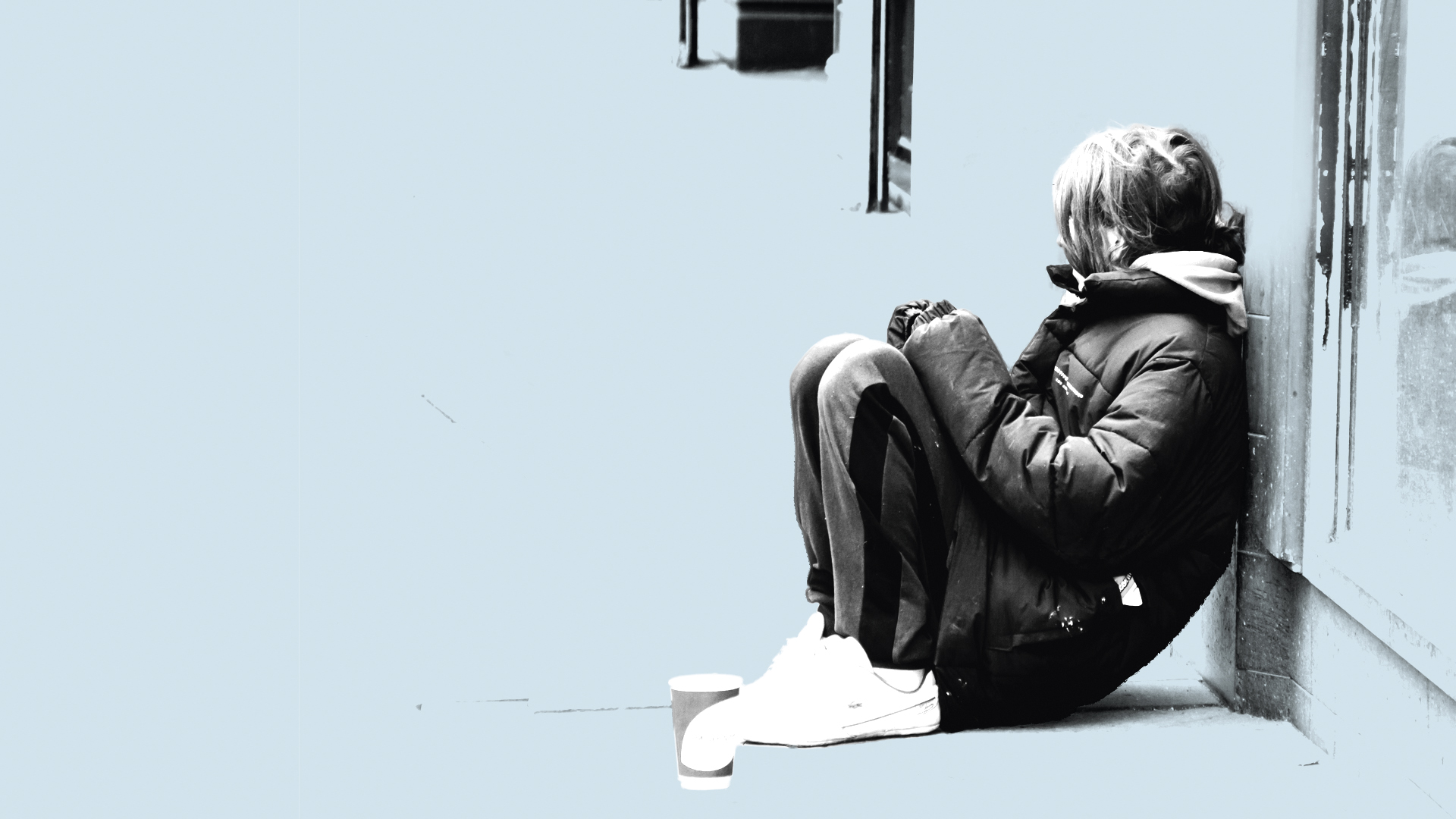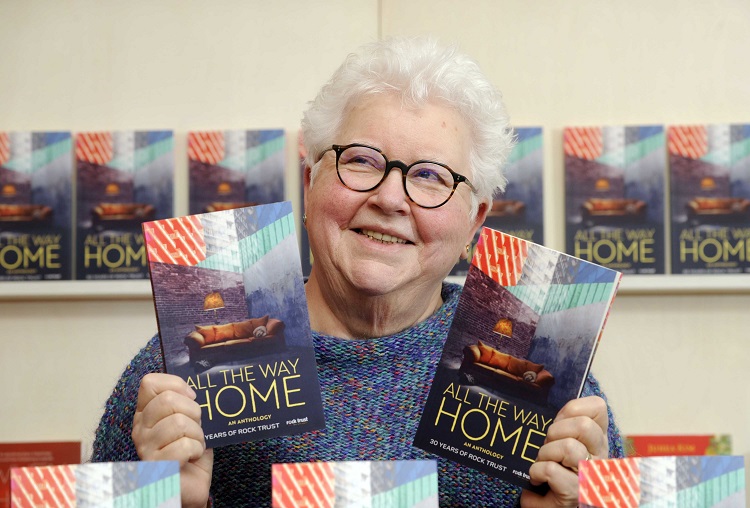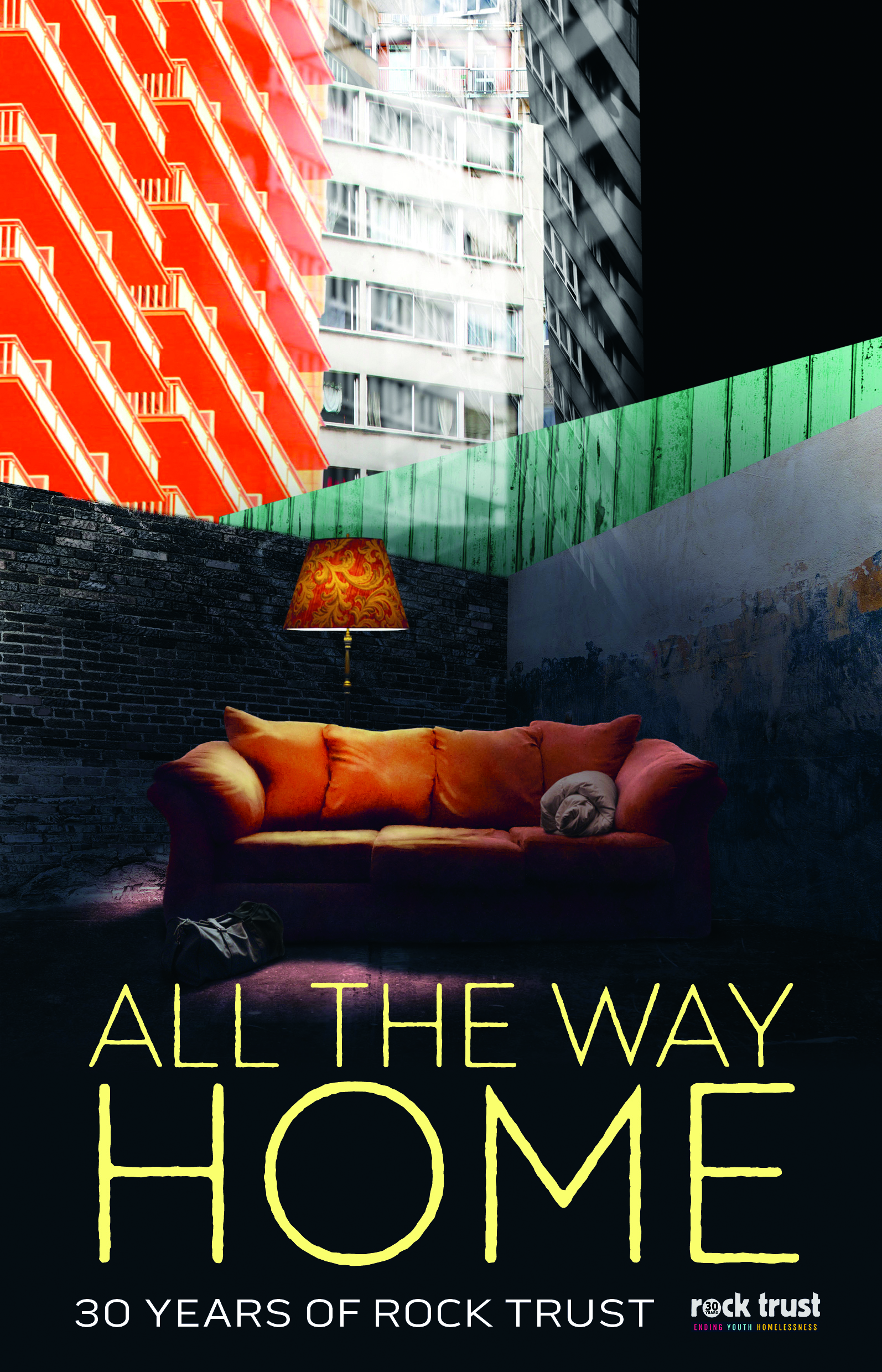I want Rock Trust to shut down. This is an anniversary we should not have to celebrate, because it’s an admission of failure. In spite of the best efforts of everyone involved – and I’m not suggesting for a moment that Rock Trust doesn’t make an enormous positive impact – things have got worse. There are more young homeless people now than when Rock Trust started its commitment to help young people out of homelessness.
The economic geographer Danny Dorling has said, “You could argue that the Census form should start to ask: ‘Have you ever been homeless, and, if so, when and for how long?’”
We talk a lot about social justice here in Scotland. We pride ourselves on championing a more equal society than in other parts of the UK. But when it comes to homelessness, there’s no hiding place from our failure.
If we classified homelessness as an illness – because it’s like an illness, in terms of the devastation it causes in the lives of those who suffer from it – there would be a public outcry. It would be vying with Covid-19 for the lead story on the news. Headlines every day – ‘Still No Cure For Killer Disease’. If homelessness were an illness, we’d be demanding a cure, never mind a vaccine. We’d be holding politicians’ feet to the fire on a daily basis.
Instead, recently, nearly 30,000 Scottish households were classified as homeless. That translates to 80 households losing their homes every single day. Those households contained more than 14,000 children. That’s an average of 38 children losing their homes every single day. Imagine a disease that caused serious chronic damage to a whole primary school class every single day. How could we bear that?
For most people it’s a problem that’s easy to ignore. It’s easy to dismiss people living on the pavements begging or busking badly. They’re not like us. They’re junkies or jakeys. They’re the ones that have failed, not us. And that lets us off the hook. That excuses us from looking beyond the obvious. And that’s where we fail. Because the rough sleepers we pass on our way to work or to the pub or to the theatre are only the visible tip of the iceberg. And during lockdown, they’ve slipped even further down the visibility scale. When we’re not going out and about, it’s even easier not to see that other people are falling between the cracks.











